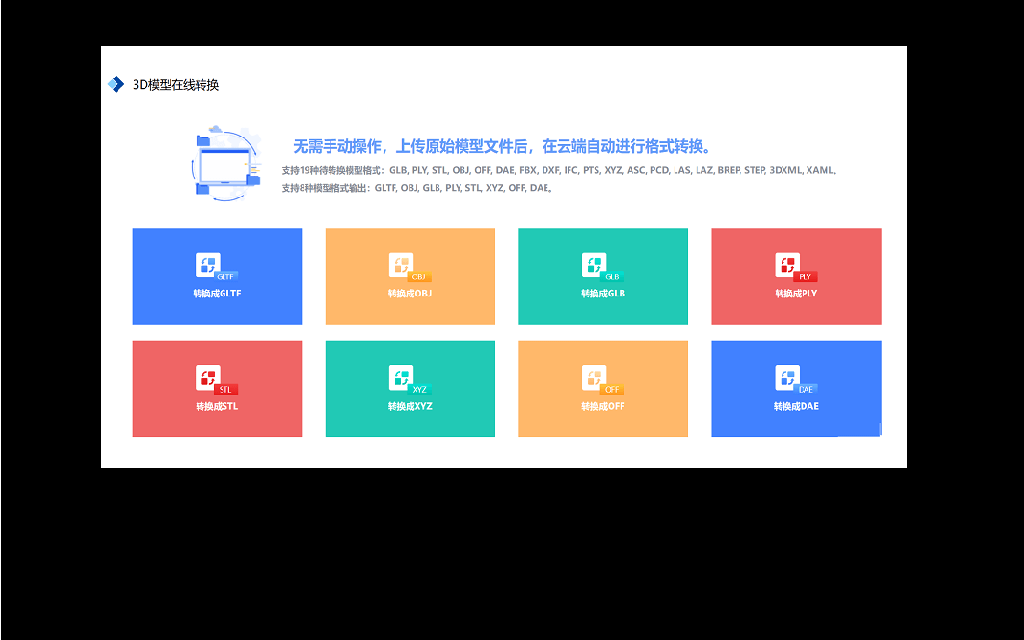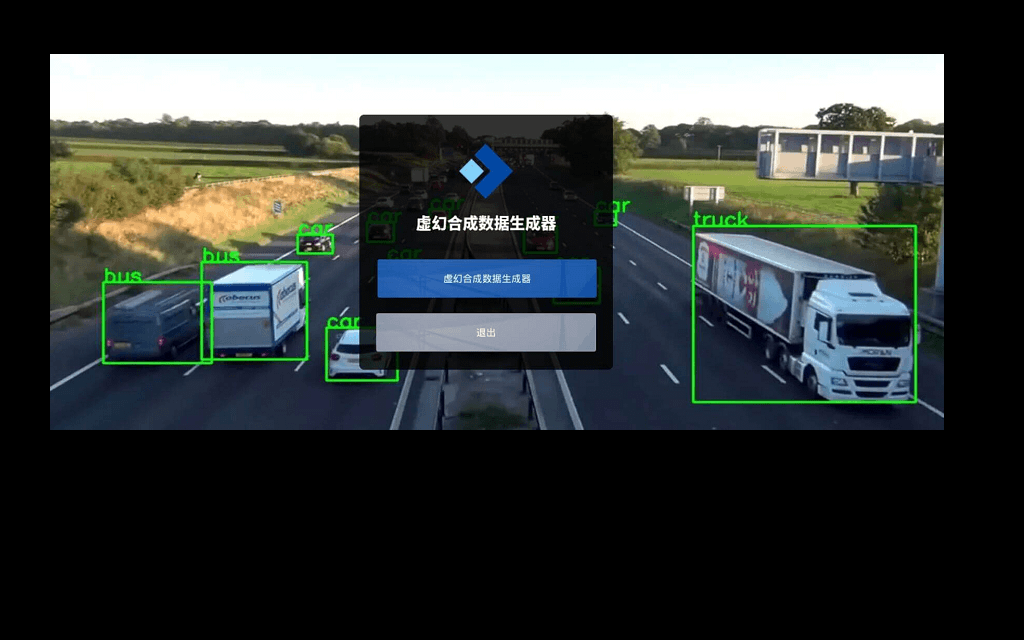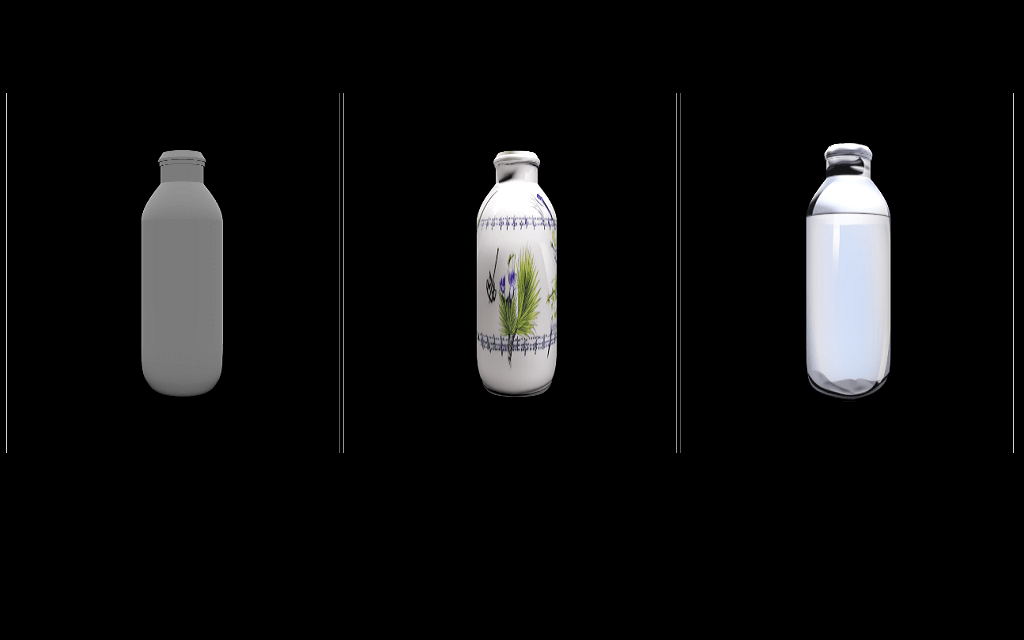opus-mt-tc-big-zls-en
Neural machine translation model for translating from South Slavic languages (zls) to English (en).
This model is part of the OPUS-MT project, an effort to make neural machine translation models widely available and accessible for many languages in the world. All models are originally trained using the amazing framework of Marian NMT, an efficient NMT implementation written in pure C++. The models have been converted to pyTorch using the transformers library by huggingface. Training data is taken from OPUS and training pipelines use the procedures of OPUS-MT-train.
- Publications: OPUS-MT – Building open translation services for the World and The Tatoeba Translation Challenge – Realistic Data Sets for Low Resource and Multilingual MT (Please, cite if you use this model.)
@inproceedings{tiedemann-thottingal-2020-opus,
title = "{OPUS}-{MT} {--} Building open translation services for the World",
author = {Tiedemann, J{\"o}rg and Thottingal, Santhosh},
booktitle = "Proceedings of the 22nd Annual Conference of the European Association for Machine Translation",
month = nov,
year = "2020",
address = "Lisboa, Portugal",
publisher = "European Association for Machine Translation",
url = "https://aclanthology.org/2020.eamt-1.61",
pages = "479--480",
}
@inproceedings{tiedemann-2020-tatoeba,
title = "The Tatoeba Translation Challenge {--} Realistic Data Sets for Low Resource and Multilingual {MT}",
author = {Tiedemann, J{\"o}rg},
booktitle = "Proceedings of the Fifth Conference on Machine Translation",
month = nov,
year = "2020",
address = "Online",
publisher = "Association for Computational Linguistics",
url = "https://aclanthology.org/2020.wmt-1.139",
pages = "1174--1182",
}
Model info
- Release: 2022-03-17
- source language(s): bos_Latn bul hbs hrv mkd slv srp_Cyrl srp_Latn
- target language(s): eng
- model: transformer-big
- data: opusTCv20210807+bt (source)
- tokenization: SentencePiece (spm32k,spm32k)
- original model: opusTCv20210807+bt_transformer-big_2022-03-17.zip
- more information released models: OPUS-MT zls-eng README
Usage
A short example code:
from transformers import MarianMTModel, MarianTokenizer
src_text = [
"Да не би случайно Том да остави Мери да кара колата?",
"Какво е времето днес?"
]
model_name = "pytorch-models/opus-mt-tc-big-zls-en"
tokenizer = MarianTokenizer.from_pretrained(model_name)
model = MarianMTModel.from_pretrained(model_name)
translated = model.generate(**tokenizer(src_text, return_tensors="pt", padding=True))
for t in translated:
print( tokenizer.decode(t, skip_special_tokens=True) )
# expected output:
# Did Tom just let Mary drive the car?
# What's the weather like today?
You can also use OPUS-MT models with the transformers pipelines, for example:
from transformers import pipeline
pipe = pipeline("translation", model="Helsinki-NLP/opus-mt-tc-big-zls-en")
print(pipe("Да не би случайно Том да остави Мери да кара колата?"))
# expected output: Did Tom just let Mary drive the car?
Benchmarks
- test set translations: opusTCv20210807+bt_transformer-big_2022-03-17.test.txt
- test set scores: opusTCv20210807+bt_transformer-big_2022-03-17.eval.txt
- benchmark results: benchmark_results.txt
- benchmark output: benchmark_translations.zip
| langpair | testset | chr-F | BLEU | #sent | #words |
|---|---|---|---|---|---|
| bos_Latn-eng | tatoeba-test-v2021-08-07 | 0.79339 | 66.5 | 301 | 1826 |
| bul-eng | tatoeba-test-v2021-08-07 | 0.72656 | 59.3 | 10000 | 71872 |
| hbs-eng | tatoeba-test-v2021-08-07 | 0.71783 | 57.3 | 10017 | 68934 |
| hrv-eng | tatoeba-test-v2021-08-07 | 0.74066 | 59.2 | 1480 | 10620 |
| mkd-eng | tatoeba-test-v2021-08-07 | 0.70043 | 57.4 | 10010 | 65667 |
| slv-eng | tatoeba-test-v2021-08-07 | 0.39534 | 23.5 | 2495 | 16940 |
| srp_Cyrl-eng | tatoeba-test-v2021-08-07 | 0.67628 | 47.0 | 1580 | 10181 |
| srp_Latn-eng | tatoeba-test-v2021-08-07 | 0.71878 | 58.5 | 6656 | 46307 |
| bul-eng | flores101-devtest | 0.67375 | 42.0 | 1012 | 24721 |
| hrv-eng | flores101-devtest | 0.63914 | 37.1 | 1012 | 24721 |
| mkd-eng | flores101-devtest | 0.67444 | 43.2 | 1012 | 24721 |
| slv-eng | flores101-devtest | 0.62087 | 35.2 | 1012 | 24721 |
| srp_Cyrl-eng | flores101-devtest | 0.67810 | 36.8 | 1012 | 24721 |
Acknowledgements
The work is supported by the European Language Grid as pilot project 2866, by the FoTran project, funded by the European Research Council (ERC) under the European Union’s Horizon 2020 research and innovation programme (grant agreement No 771113), and the MeMAD project, funded by the European Union’s Horizon 2020 Research and Innovation Programme under grant agreement No 780069. We are also grateful for the generous computational resources and IT infrastructure provided by CSC -- IT Center for Science, Finland.
Model conversion info
- transformers version: 4.16.2
- OPUS-MT git hash: 3405783
- port time: Wed Apr 13 20:12:26 EEST 2022
- port machine: LM0-400-22516.local


